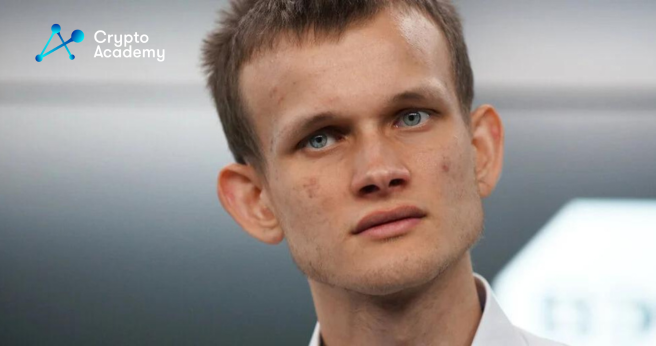4 Problems With Sam Altman’s Worldcoin, According to Vitalik

Worldcoin, the ambitious project spearheaded by OpenAI CEO Sam Altman, has been making waves in the crypto community. The concept of “decentralized proof-of-personhood” at the core of Worldcoin has garnered both praise and criticism. Recently, Ethereum co-founder Vitalik Buterin published a blog post outlining four significant problems he sees with Worldcoin’s approach. Let’s delve into these issues:
Privacy Concerns Loom Large
One of the primary concerns raised by Vitalik Buterin is the potential privacy threats associated with proof-of-personhood schemes. While such systems aim to combat spam and power centralization, they inevitably raise questions about user privacy. Vitalik points out two critical risks: first, the possibility of linking individuals’ actions to their real identities, and second, the existence of a registry containing sensitive biometric scan data.
Worldcoin uses biometric data, specifically Iris scans, to verify users’ humanity. While Vitalik acknowledges that Worldcoin stores only hashed versions of the scans, there’s still a possibility of leakage of sensitive medical data. Striking the right balance between identity verification and privacy remains a significant challenge for the project.
“There is the possibility that the iris hashes leak some amount of medical data (sex, ethnicity, perhaps medical conditions), but this leak is far smaller than what could be captured by pretty much any other mass data-gathering system in use today (eg. even street cameras),” wrote Vitalik. “On the whole, to me, the privacy of storing iris hashes seems sufficient.”
Worldcoin’s goal is ambitious: to register users from all corners of the globe using their device, the ‘Orb.’ However, achieving global accessibility is no easy feat. Vitalik notes that the project would need to deploy Orb hardware devices worldwide, including in jurisdictions with uncertain regulations. The United States, in particular, presents regulatory challenges that may hinder the project’s expansion. Without widespread accessibility, Worldcoin’s vision of a global user base might remain unrealized.
Centralization Risks
Decentralization is a fundamental principle in the world of cryptocurrencies and blockchain. Vitalik raises concerns about Worldcoin’s centralization risks, evident in multiple aspects of the project. First, the top-level governance is susceptible to centralization, which could undermine the principles of distributed control. Additionally, the manufacturing and distribution of Orbs could become a point of centralization if one manufacturer gains dominance. The project’s reliance on potentially proprietary algorithms for participant authentication also raises red flags for decentralization advocates. Although the founders claim to have decentralization plans, Vitalik is cautious, citing past failures of similar attempts in the crypto space.
With a project as ambitious and far-reaching as Worldcoin, security is of utmost importance. Vitalik emphasizes the need for robust security measures, especially given the sensitivity of biometric data involved. Any security breaches or vulnerabilities in the system could have severe consequences, eroding trust and credibility. As Worldcoin prepares for listing on major crypto exchanges, security audits and risk assessments become crucial to instill confidence in potential users and investors.
Worldcoin’s “decentralized proof-of-personhood” concept is both intriguing and contentious. While Vitalik Buterin recognizes its potential benefits, he highlights the critical issues of privacy, accessibility, centralization, and security that demand thoughtful consideration and resolution. As the project moves forward, addressing these challenges will be essential for Worldcoin to gain acceptance and fulfill its vision of a global, decentralized network.

Comments are closed.